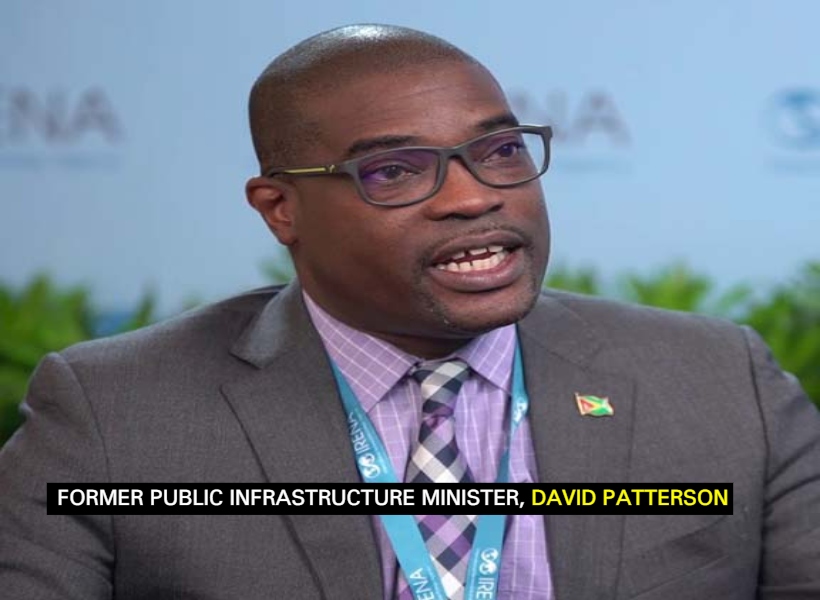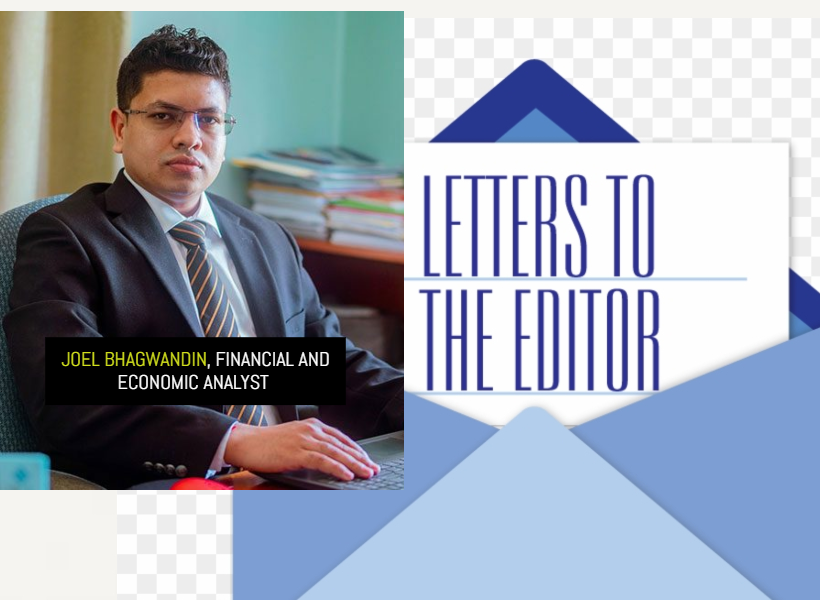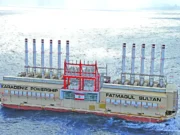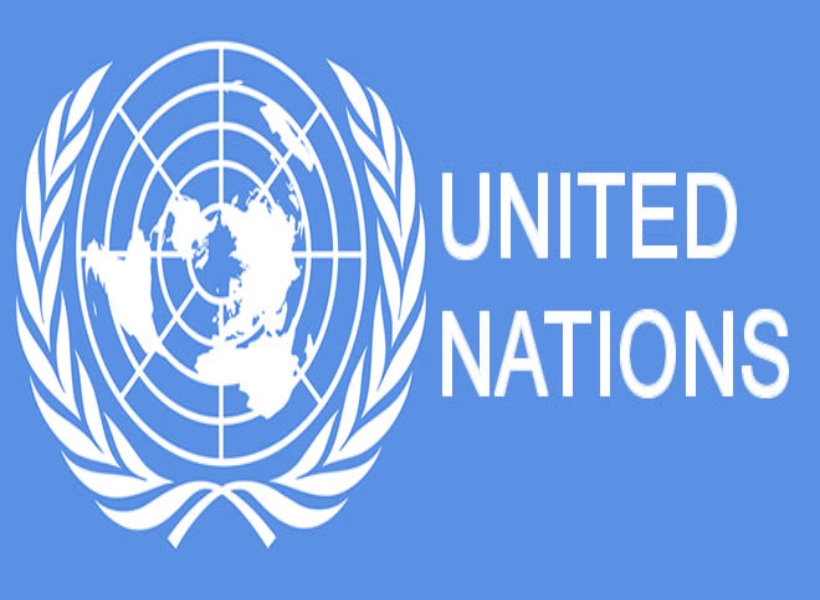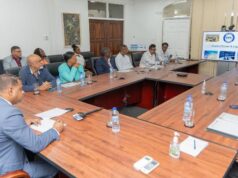All Governments are expected to conduct “thorough” due diligence on oil companies before entering negotiations. A failure to do this can very well leave the country open to considerable harm.
This was essentially the message of a United Nations team that was recently in Guyana. The expert lineup comprised of the core members of the UN’s Subcommittee on Extractive Industries Taxation. They include: Eric Mensah (Coordinator), Mohammed Baina, Johan Cornelius de la Rey, El Hadji Ibrahima Diop, Liselott Kana, Ignatius Kawaza Mvula, Carmel Peters and Ingela Willfors.
Members of the team explained that due diligence in the oil and gas sector calls for weeks, sometimes months of investigation by the government in order to learn and verify the full background, history and current situation of the oil company and its partners.
They said that due diligence takes time and is expensive, “but will prevent or mitigate unwelcomed surprises down the road.”
One of the team members said, “When you are not doing your homework, you can bet every penny you’ve got that they (the oil company) are doing their homework on you. When they are finished, they will know everything. They will know the stability of the parties in government, the weaknesses of the political institutions, the independence of the judicial system, how much debt the country has, electoral loopholes, the human rights situation, and many other issues. The oil companies will use all of this to manipulate how much you demand at the table…”
The Subcommittee member added, “When you are coming up against that, then the authorities here have to ensure that they do similar due diligence. But can you imagine that there is no information on file about the financial stability, expertise, experience, and track record on environmental and human rights practices, history of disputes and the like for any oil operator with a contract in Guyana? …This has to change…Only then can Guyana begin to have a fair advantage in at any negotiation table.”
For future oil and gas negotiations with contractors, the United Nations team called for local actors to consider any ongoing criminal investigations concerning corruption, money laundering or other alleged crimes; allegations of human rights abuses or environmental neglect; and other reputational, financial or legal issues.
The United Nations said, too, that governments should also request an assessment of the company’s management, auditors and lawyers.
